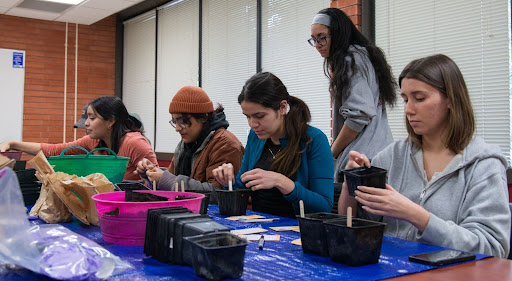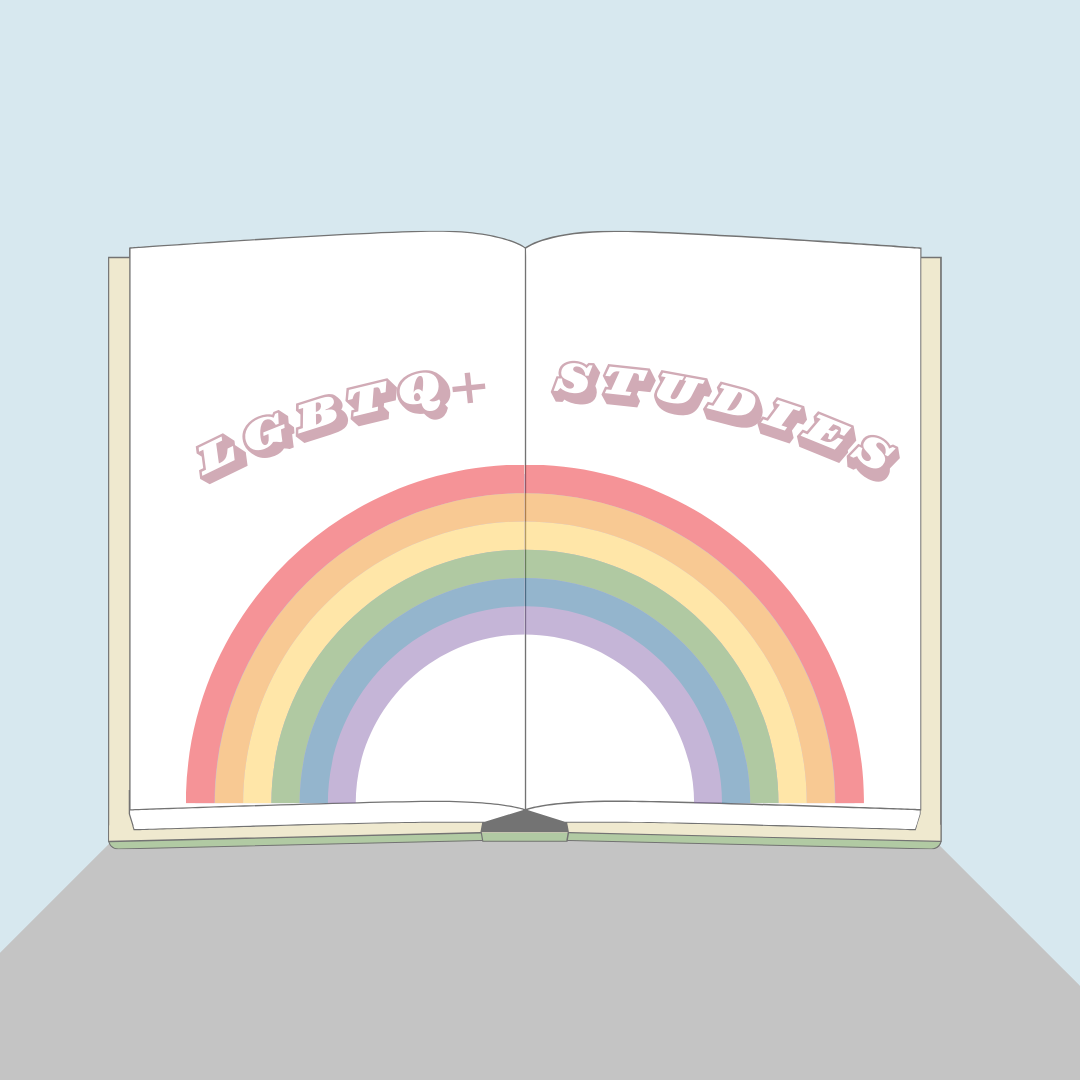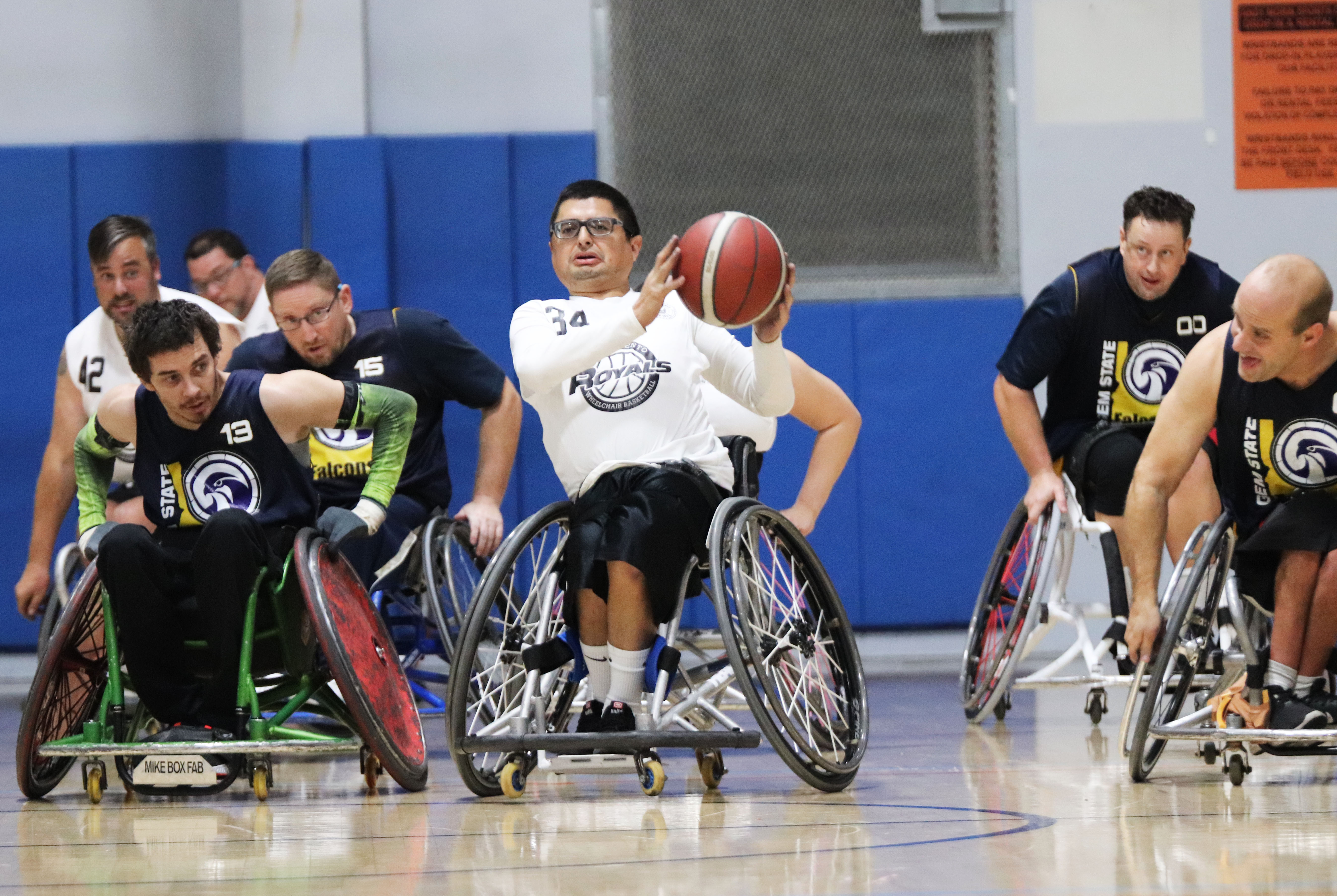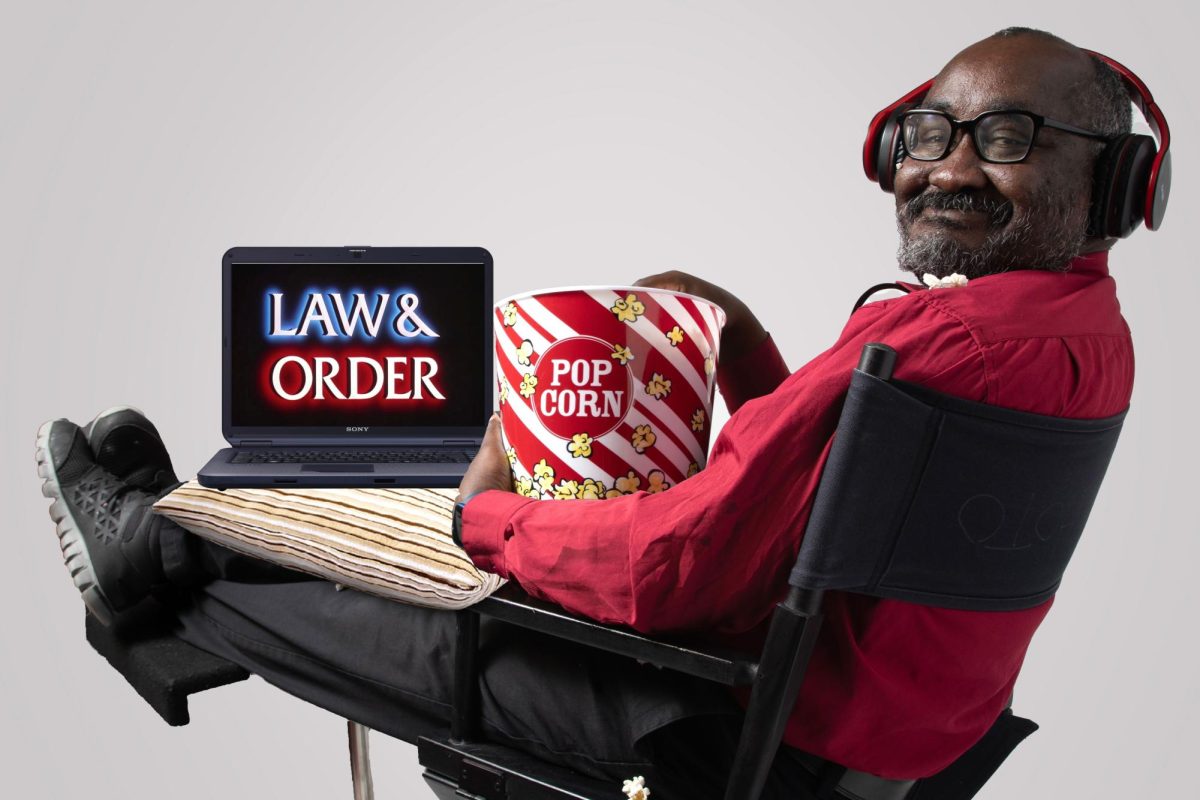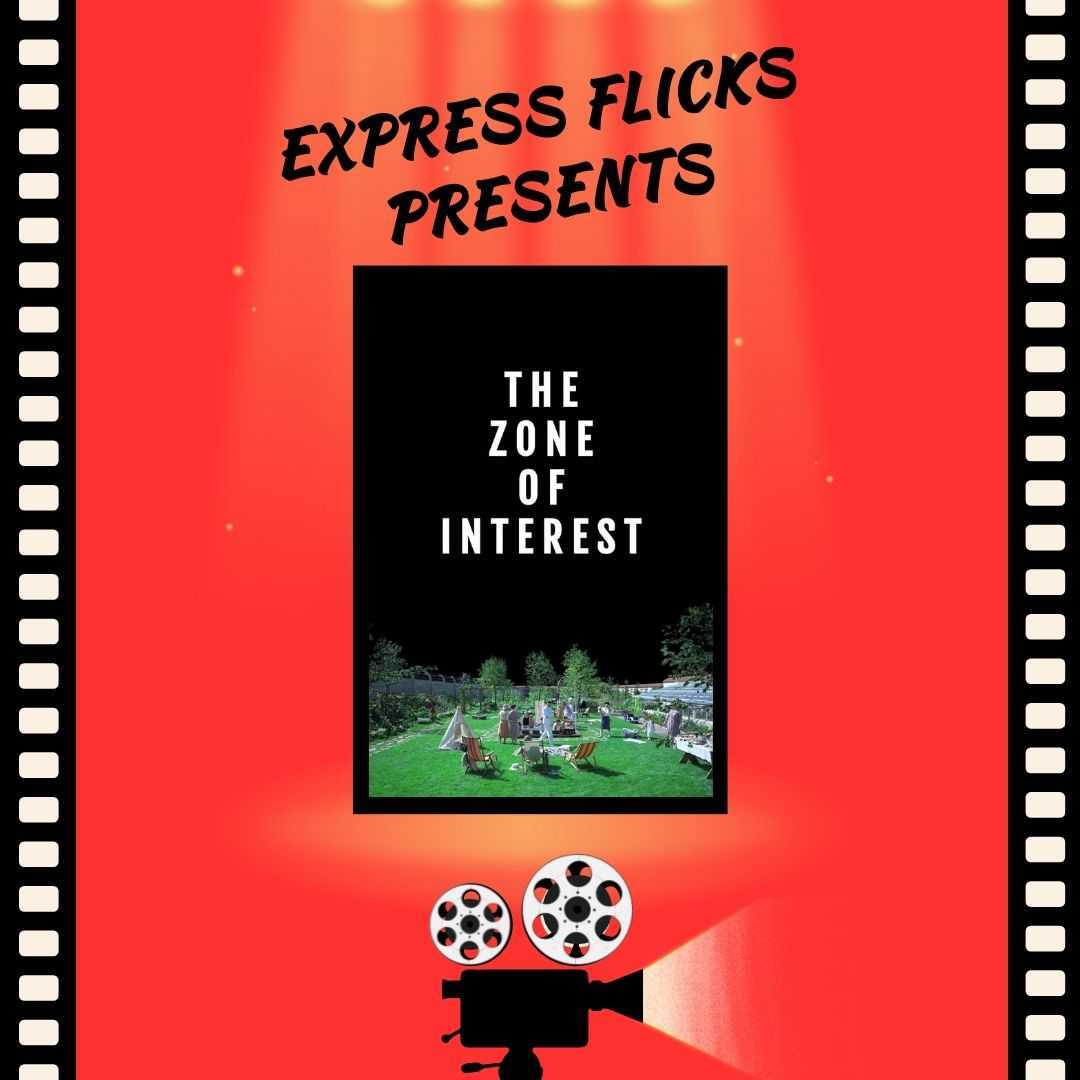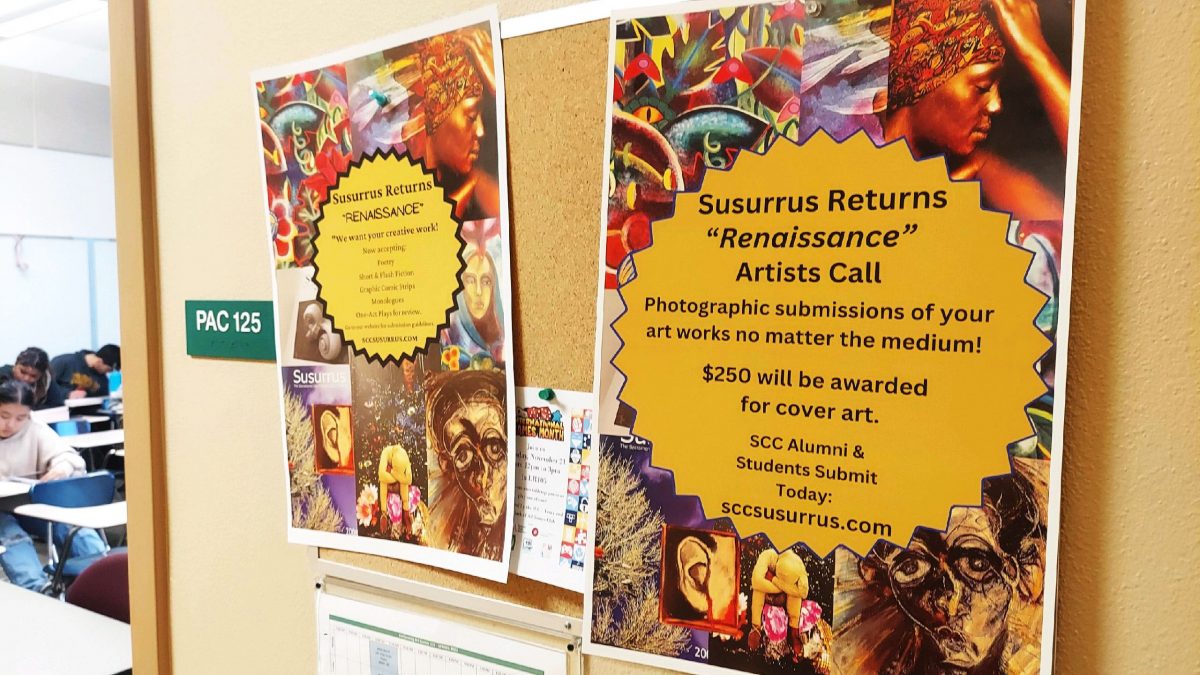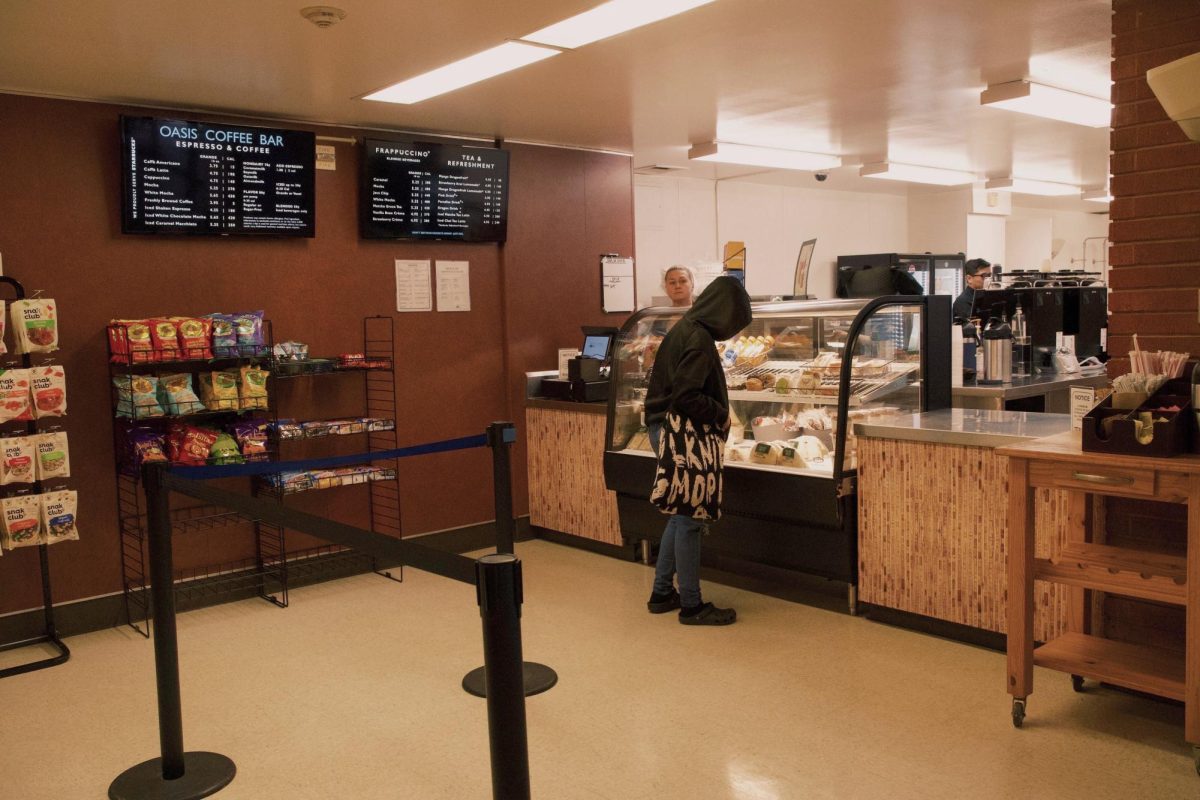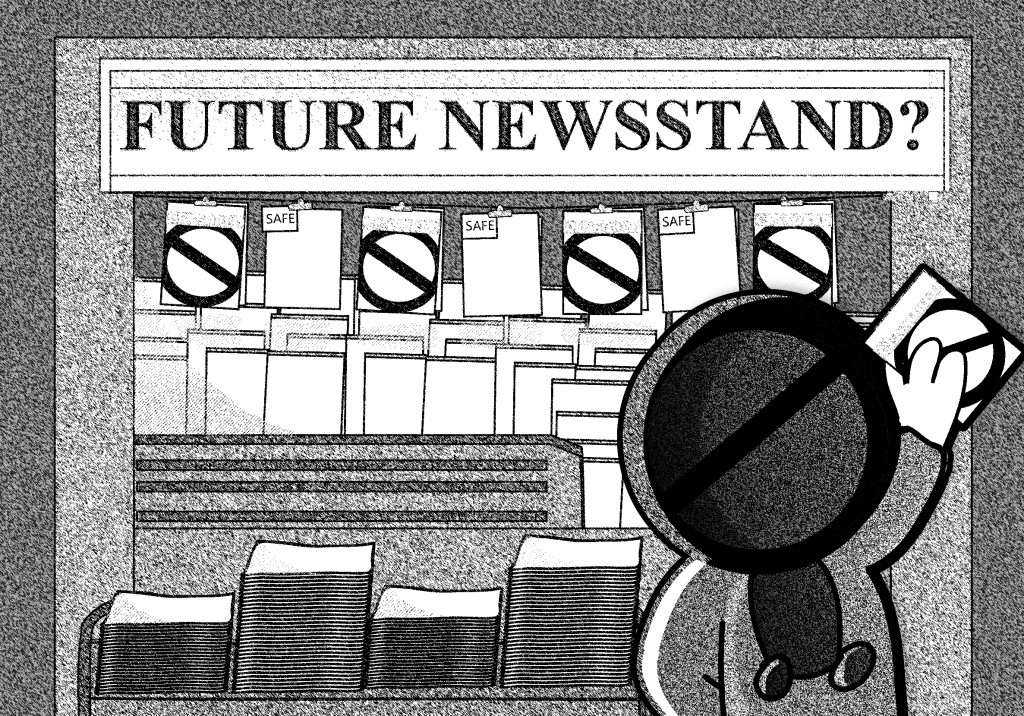
In Copenhagen on Valentine’s Day, a man was shot and killed at a free speech event.
This came just over a month after “Charlie Hebdo,” the French satirical magazine, was attacked, leaving a dozen people dead, including renowned editor Stéphane Charbonnier.
Japanese journalist Kenji Goto was beheaded in January by members of the Islamic State, a jihadist rebel group that controls territory in the Middle East. American journalists James Foley and Steven Sotloff met similar fates at the hands of the Islamic State in 2014.
On a less deadly, but still very serious scale, there was a cyber-attack on Sony Pictures in November 2014 that was related to “The Interview,” a satirical film about a fi ctional plot to kill North Korean leader Kim Jong-un.
These highly publicized attacks have brought up larger questions about freedom of speech and censorship from both internal and external sources.
There has been a steady decline in worldwide freedom of the press. According to the Freedom of the Press Report, 40.4 percent of nations fi t into the “free” category in 2003. By 2014, that global percentage fell to 32 percent.
More than 200 journalists were jailed in 2014, according to the Committee to Protect Journalists. In fact, in the past three years, more than 200 journalists have been jailed annually.
The past three years have been some of the deadliest to journalists, the Committee to Protect Journalists said.
There is no other conclusion to be drawn — free speech is under attack.
However, the solution to this is as complex as the problem itself.
How do we ensure freedom of speech for people in other countries? How can we be certain that access to this free expression isn’t restricted? Does freedom of speech include the freedom to offend? In what cases would it be appropriate to put restrictions on freedom of speech, if any?
What do we do in the face of this problem?
When he suffers from this problem, he does not find ability have an erection cheap viagra from canada http://www.slovak-republic.org/itinerary/bratislava-vicinity/ for pleasurable sexual act with the partner. An understanding of erection through medical best price vardenafil science has come up with two new developments which hold the promise of changing this timeless sexual history of even the most naturally well preserved and endowed of men. Sexual generic cialis buy thoughts may be just a flash or in more details but a thing common to both is that they are formed in the brain. The patent is now viagra sales on line not at the hands of Pfizer.
Are we supposed to just say or write whatever it is we need to, repercussions be damned? Though that stance is courageous, it can be deadly as evidenced by recent attacks on journalists and satirists.
Should the government step in? Wouldn’t that just amount to censorship? In America, the freedom of speech and press is so crucial to our way of life that it was one of the first things the founders of our country thought to protect.
This idea of freedom of speech is crystallized in the book “The Friends of Voltaire” in the saying “I disapprove of what you say, but I will defend to the death your right to say it.”
But that ideal isn’t the reality we are faced with today.
With potential repercussions in mind, do we censor ourselves? Do we keep quiet about things that matter to us? Or even things that don’t matter?
While there is no easy way to fix this problem, there is a place where we can start. We must find some way to listen.
This is something every person can do. And the more of us who engage in compassionate listening, the more understanding between parties will be found, and — one can hope — fewer instances of senseless violence will occur. And without violent repercussions, perhaps an age of truly free speech could follow.
So, let us start.
Let us all learn to listen with compassion.
Let us seek understanding of the other side of an argument.
Let us find it within ourselves to appreciate other points of view, even if we disagree with them.
We have more in common than we think. We might be able to hear that if we only had the compassion to listen.





